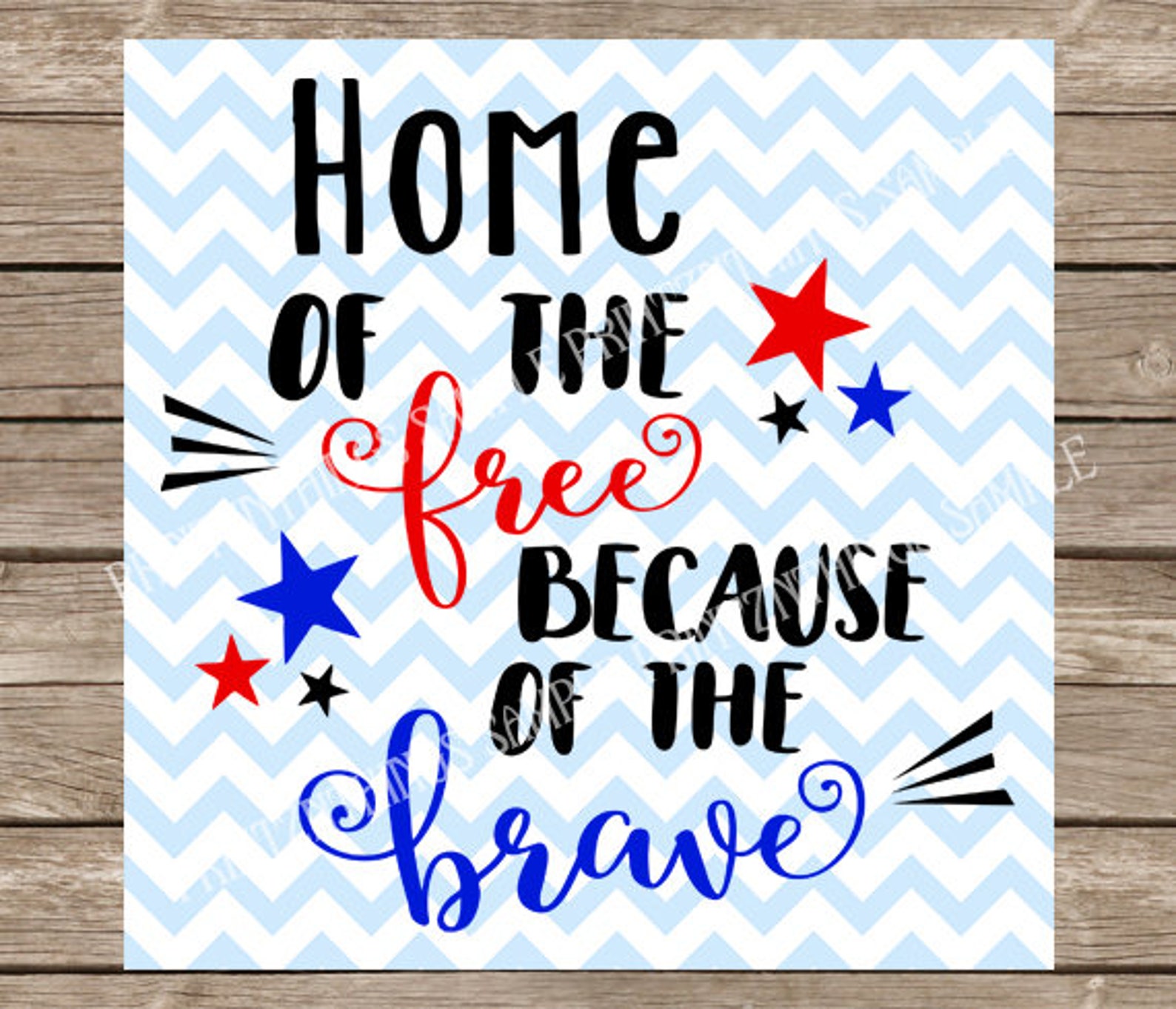

He fitted his words to a popular English drinking club song called, “To Anacreon in Heaven.” Originally, the song had four stanzas, although only one is sung today. At dawn - much to everyone’s surprise - the British had not breached the fort’s walls and the flag was still there. But they did hang a red, white and blue flag out. On September 14, 1814, the British proved their prowess in the spectacular and useless display of military power by pummeling the fort with bombs. In his effort to secure his friend’s release, he managed to join him aboard a British ship as the fleet bombarded Fort McHenry in Baltimore harbor. Seeking to redeem his battlefield failure, Key negotiated with British forces that had arrested a family friend. In the Bladensburg Races, Francis Scott Key was a sprinter. They ran as fast as they could, hence the humorous reference to “The Races.” Most simply ran back toward Washington, including Lieutenant Key. When the untrained American militia faced the dogged advance by British troops, backed by artillery fire, the Americans broke rank by the hundreds and then by the thousands. Francis Scott Key was a veteran of what some dubbed “the Bladensburg Races,” the total collapse of American forces during the British invasion of Washington in August 1814.

He wrote the “Star Spangled Banner” in September 1814 and it became immediately popular.Īmazingly, the song was the product of a humiliation. Key had become famous almost by accident. He was, in the words of a friend, a distressingly serious man. He worked on behalf of this racial dream for more than 20 years. Key believed the solution to the slavery problem was to free the enslaved Africans and get rid of them by helping them colonize Africa. He saw them as a shiftless and untrustworthy population - a nuisance to white people. In his career as lawyer and public servant, Key spoke publicly of Africans in America as “a distinct and inferior race of people, which all experience proves to be the greatest evil that afflicts a community.” What is far less known are his views on race. It is well known that Francis Scott Key is the author of the famous words “the land of the free and the home of the brave.” He wrote those words in 1814 and, ever since 1931, they have been sung as the national anthem of the United States.


 0 kommentar(er)
0 kommentar(er)
